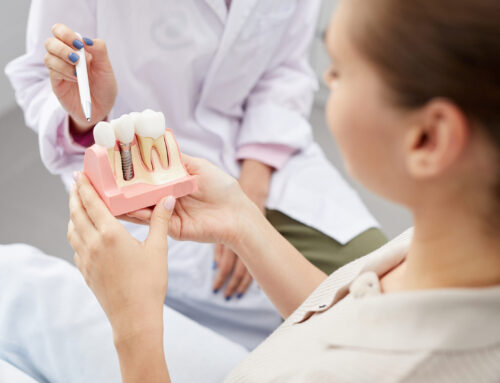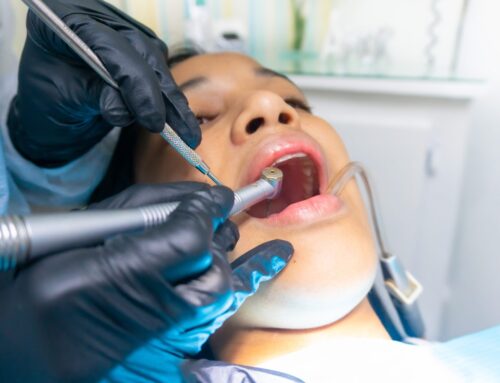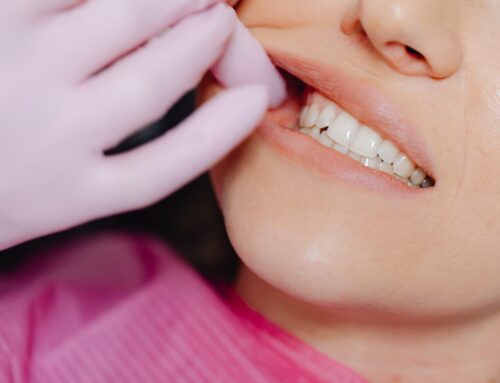Plaque and Tartar Explained
When it comes to dentistry, there are many terms that patients are familiar with but don’t exactly know the meaning of. Your dentist may have been using different terms during your regular checkups. Plaque and tartar happen to be the most common ones, especially during six-monthly or yearly dental checkups.
Let’s see what these terms mean.
What is Dental Plaque?
Are you familiar with the terms dental plaque, tooth plaque, dental biofilm, and microbial plaque? Well, they are all the same thing that is normally found in the mouth of everyone. It is a soft and sticky film of bacteria that forms on the teeth.
Plaque is the colorless pale yellow, extremely sticky substance that you may have noticed on your teeth. Most of the time, you can see dental plaque on your teeth. Many people experience it in the mornings, and they instantly know it’s time to brush their teeth.
Plaque contains millions of bacteria that typically feed on the foods you eat daily. Biofilm normally builds up when bacteria in the mouth combine with food, saliva, and fluids. It first starts collecting where the gums and teeth meet.
Plaque Leads to Tartar Buildup
Brushing your teeth is crucial to remove plaque that builds upon the teeth daily. You must remove the plaque every day to prevent it from collecting on your teeth and forming a thick layer. If not treated on time, plaque can also become permanent. It turns into tartar.
If you don’t brush your teeth and floss daily, the dental biofilm or plaque easily hardens into tartar. Tartar buildup is rather hard to remove, which makes it extremely important to avoid in the first place. You might see a dental professional for tartar removal as it is strongly bonded with the enamel on your teeth.
Not removing plaque every day allows minerals from your saliva to deposit on the plaque. As a result, plaque hardens into tartar within 24 to 72 hours. Also known as dental calculus, you can see tartar in the form of a yellow or brown-colored deposit.
How Do Plaque and Tartar Affect Your Teeth and Gums
Good oral hygiene can easily eliminate plaque that builds on your teeth daily. However, you must take a trip to the dentist’s clinic if your plaque hardens into tartar buildup.
Both plaque and tartar contain bacteria that can damage the gums. If not treated on time, it can also lead to permanent teeth and gum damage. As a result, you might also have to experience tooth decay, gum disease, cavities, and even teeth loss.
Plaque and tartar form a rough surface that attracts more bacteria. The more bacteria, the more likely you will experience gum inflammation and other adverse symptoms.
Bottom Line
Regular dental checkups help protect your teeth from any kind of damage. Not to mention, your dentist may be able to identify any oral health risks promptly. If you’re looking for some of the best dental services, contact Gentle Dentistry.
One of the most experienced dentists at this institute, Dr. Derek R. Evans, offers compassionate dental care for patients of all ages. Call us at (435) 986-9799 to schedule an appointment.





Leave A Comment